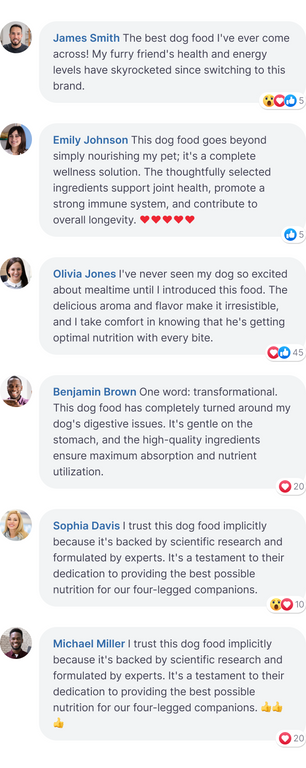Luckily there are a few food safety tips that would allow you to minimize your contact with heavy metals in the process of food preparation.
Peeling and Trimming
Most of the metals are stored on the outer skin of fruits and vegetables. Removal of potato, carrot, and apples, as well as removing the outer leaves of cabbage can also help a lot in reduce metal exposure.
Soaking and Boiling
Before cooking the grains such as rice and legumes, it is possible to soak them in a number of hours using fresh water, and boil them to remove some of the metals. It works best in eliminating arsenic in rice.
Steaming Not Frying
Frying may tend to concentrate contaminate whereas steaming, in particular over filtered water, may assist in washing away the surface-level contaminant.
Use Filtered Water
It is also one of the most effective food safety tips. Sieving tap water eliminates metals such as lead, copper and chromium which might be present in the old pipes.
Preventing Overcooking of Seafood
This will assist in avoiding concentration of mercury and other metals in fish.
Cooking in Non-Metal Cookware
You can avoid the leaching of aluminum and other metals in your food by using ceramic, glass or stainless steel cookware. This is one of the essential concepts of metal-free cooking.
Washing of Canned Foods
It is recommended that beans and vegetables canned should be rinsed in order to remove any metals that may have dissolved through the can lining.
Blanching Vegetables
Quickly boiling vegetable then a shock in cold water, may be of use in eliminating some of the surface contaminants.
Rotate and Diversify Foods
Do not eat one and the same foods every day. Dietary diversification also means that you automatically reduce metal exposure to any source of contamination.
Fermentation
Fermentation may also be used to decrease heavy metal contamination in food according to some studies, by degrading or adsorbing them.




